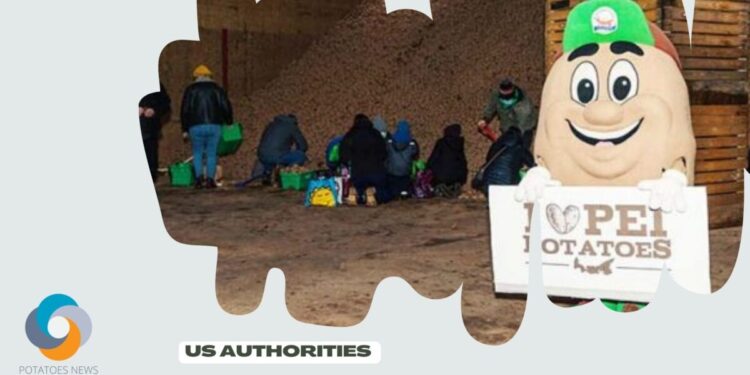The United States Animal and Plant Health Inspection Service (USDA APHIS) has completed their pest risk analysis and concluded, like Canada, that the trade of PEI table stock potatoes can be done safely.
“This US decision follows the successful re-opening of the Puerto Rican market on February 9, 2022. The Government of Canada appreciates the US’s ongoing technical collaboration in resolving this issue based on science, which highlights the importance of our bilateral collaboration. Open, predictable, science-based international trade is essential for Canadian businesses and provides stability for our producers and international partners,” according to Marie-Claude Bibeau, the Canadian Minister of Agriculture and Agri-Food.
She added that this decision is important for PEI potato growers and that it comes at a critical time for the industry.
“Potato exports are essential for the livelihoods of so many Islanders, and I am confident that this decision by the US will give farmers the predictability and assurances they need for the next potato growing season. […] The Canadian Food Inspection Agency (CFIA) will work in collaboration with the industry to implement the new export requirements for the US in short order. […] We will continue to take a Team Canada approach to ensure continued confidence in the safety of PEI potatoes. As part of these efforts the CFIA is completing the ongoing investigations in PEI and technical work to provide USDA APHIS with the necessary, science-based assurances to fully restore the trade,” she concluded.
Comparing it with the 3-yr. average, the total Canadian Potato Storage Holdings on March 1, 2022, were up 17% or 411,498 tons. Total stocks on hand compared to 3-yr. averages were highest in Ontario at 40%, the latest United Potato Growers of Canada (UPGC) report recently showed.
“PEI had the highest in previous months but in the past month have had to destroy almost 152,400 tons due to the closure of the US border, bringing holdings more in line with other Eastern provinces,” the UPGC experts wrote, adding that Alberta and BC are the two provinces with below-average stocks on hand.




